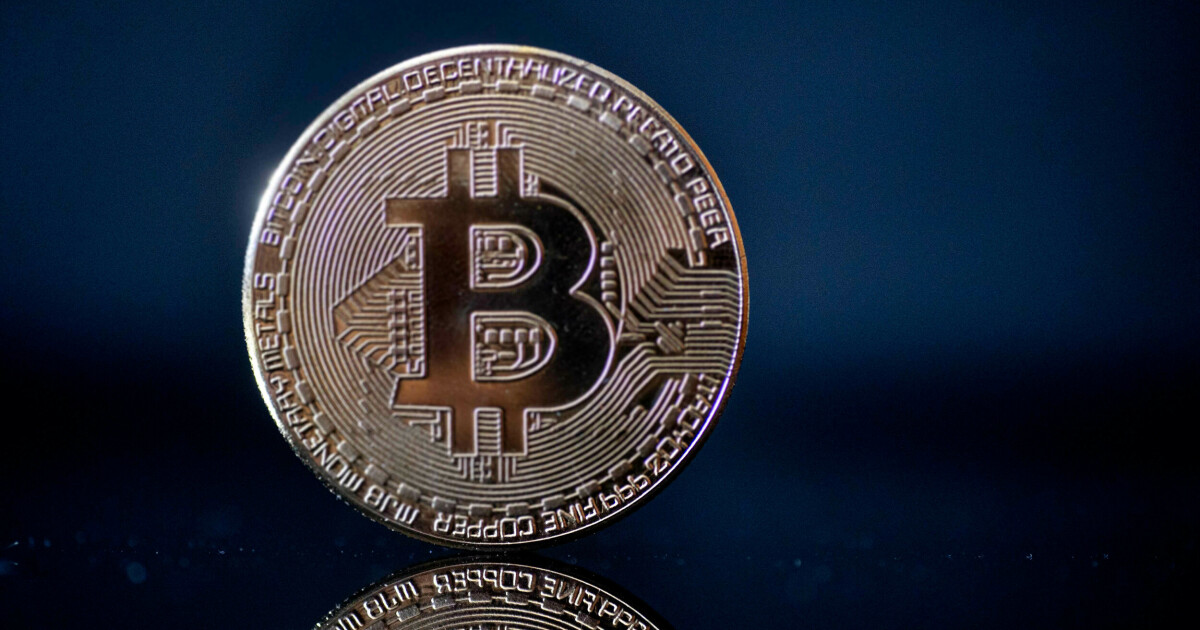Could the chip shortage be about to end?
A hidden secret is that it has been difficult to produce and buy electronics in recent years, mainly due to the lack of chips that most electronic products need to function. Apple, for example, is among the many companies that have had problems with on-time delivery.
Now, however, the reports Gizmodo That TSMC, one of the world’s largest chip makers, looks brighter than ever in its production prospects.
At a meeting with investors recently, the Taiwanese electronics giant announced that it will have a “large surplus of chips in stock” in the coming quarters.
The main reason is said to be the low demand for many products, which in turn is due to the fact that many societies around the world are on the verge of opening up after the Corona pandemic and the accompanying shutdown.
Last year, analysts at several companies believed it would take “at least two years” before any normalization of the situation occurred, and given TSMC’s update now, that expectation may appear to come true.
At the investor meeting, the company also stated that it will take “a few quarters” before it can see a normalization, which in short means it could take from half a year to about a year before we see more “normal”” flows again.
It is good to note in this regard that this will not automatically apply to all areas of electronics production; For example, no one said anything that it would be easier to get game consoles right away. Different electronics manufacturers in different countries face different challenges and bottlenecks.
TSMC mainly produces chips for laptops and mobile phones, and they also supply the majority of chips that Apple uses in its products. It is thus reasonable to assume that this is where we may want to see softening first. However, other companies have reported similar trends, such as memory manufacturer Micron.
In addition to declining consumer demand, there is also another factor influencing the situation: cryptographers. Most cryptocurrencies have declined in recent months, and therefore it is not profitable to “find” many of them using computers anymore. This also means that the used market is flooded with relatively new electronics, at the same time that the demand for new electronics for this purpose is declining.
At the same time, it is also good to point out that while there is a low demand for chips for products such as mobile phones and computers, there is an increasing or stable demand in other areas.
For example, there is still a large shortage of auto parts, and this does not appear to be decreasing immediately. Many markets are far behind in fleet electrification and therefore the need for new electronics for this industry is expected to increase in the coming time. TSMC stated that this is one of their biggest challenges, and they are trying to redistribute production capacity in this market.
According to TSMC President Charles C. Wei, aggregate consumer demand will “continue to expand our chip production capacity,” and stresses that although new production nodes with smaller nanometer sizes will make production more efficient, it is not enough:
“Our subcontractors have faced greater challenges than ever in their supply chains, increasing the time to deliver the equipment and parts we need for both our well-established contracts and our more advanced future contracts,” Wei says.
However, given TSMC’s position as a major supplier to Apple, there is reason to believe that they will prioritize the production capacity of the Cupertino-based company. So it might be easier to get a new MacBook with M2 or the next generation iPhone this fall.

“Web specialist. Lifelong zombie maven. Coffee ninja. Hipster-friendly analyst.”





